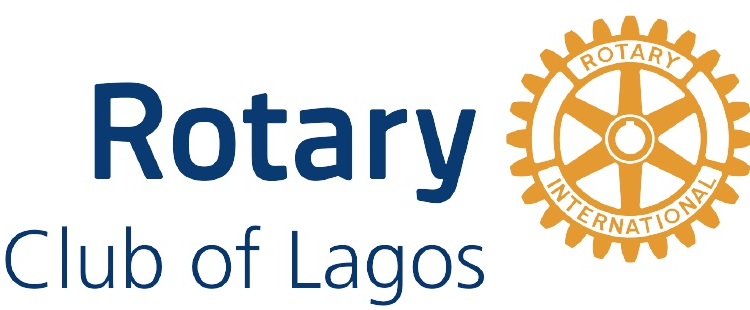The Rotary Club of Lagos (2025-2026) has called for urgent integration of cybersecurity education into secondary school curricula across the country as part of the digital literacy revolution.
Speaking at the launch of the Cybersecurity Education and Awareness Programme (CEAP), Rotarian Toki Mabogunje, president of the Rotary Club of Lagos (2025-2026), emphasised that Rotary’s long-standing commitment to literacy must now extend beyond traditional reading and writing to digital competence and safe online practices.
She asserted that “True literacy in the 21st century demands the ability to critically read the digital world. Understanding phishing emails, using strong passwords, and being aware of one’s digital footprint are no longer optional skills. They are the new foundation of what it means to be truly literate today.”
According to her, Rotary International’s focus on Basic Education and Literacy in September now encompasses digital safety as a key pillar in ensuring youth are equipped for the realities of modern life.
While highlighting students’ threats, she pointed out that children and teenagers are increasingly targeted by online scams, malware in pirated games, and phishing schemes that mimic trusted platforms.
“Young people are often unaware that poor digital hygiene can cost them future job or college opportunities. Cybersecurity education gives them practical tools from strong passwords to understanding privacy settings to navigate the digital world safely,” she remarked.
Mabogunje went further to align the CEAP initiative with Rotary’s core values. To her, “teaching cybersecurity is an extension of the Rotary principle of ‘Service Above Self” we are not merely protecting individuals, we are building ethical, responsible digital citizens who understand their online behaviour impacts others.”
She underlined the importance of educating students not only on protection, but also on the ethical dimensions of digital conduct, such as cyberbullying, intellectual property, and misinformation.
The workshop, organised in partnership with Cybernovr, received further insights from cybersecurity expert Dr Hakeem Durodoye, who presented a case for mindset, skillset, and toolset transformation.
“The easiest way people become vulnerable is through exploited knowledge. Human beings are the weakest link in organisational security. This program is here to build awareness, teach identity management, and provide young people with practical cyber threat avoidance strategies,” he said.
Durodoye underscored the importance of internal change, stating, “If you want to succeed in any space, including cybersecurity, start with the mindset. Skills in technology now span every profession; law, medicine, even creative industries.” He highlighted identity protection, such as safeguarding one’s National Identity Number (NIN) and date of birth, as critical in today’s digital age.
Similarly, he shared his development of an AI-focused course for female lawyers, underscoring that every individual is multi-talented and capable of adapting to the changing technological landscape. The world is your platform; what you need is determination. Stop the trend of misinformation. Equip yourself to be safe, ethical, and aware online, he said.





